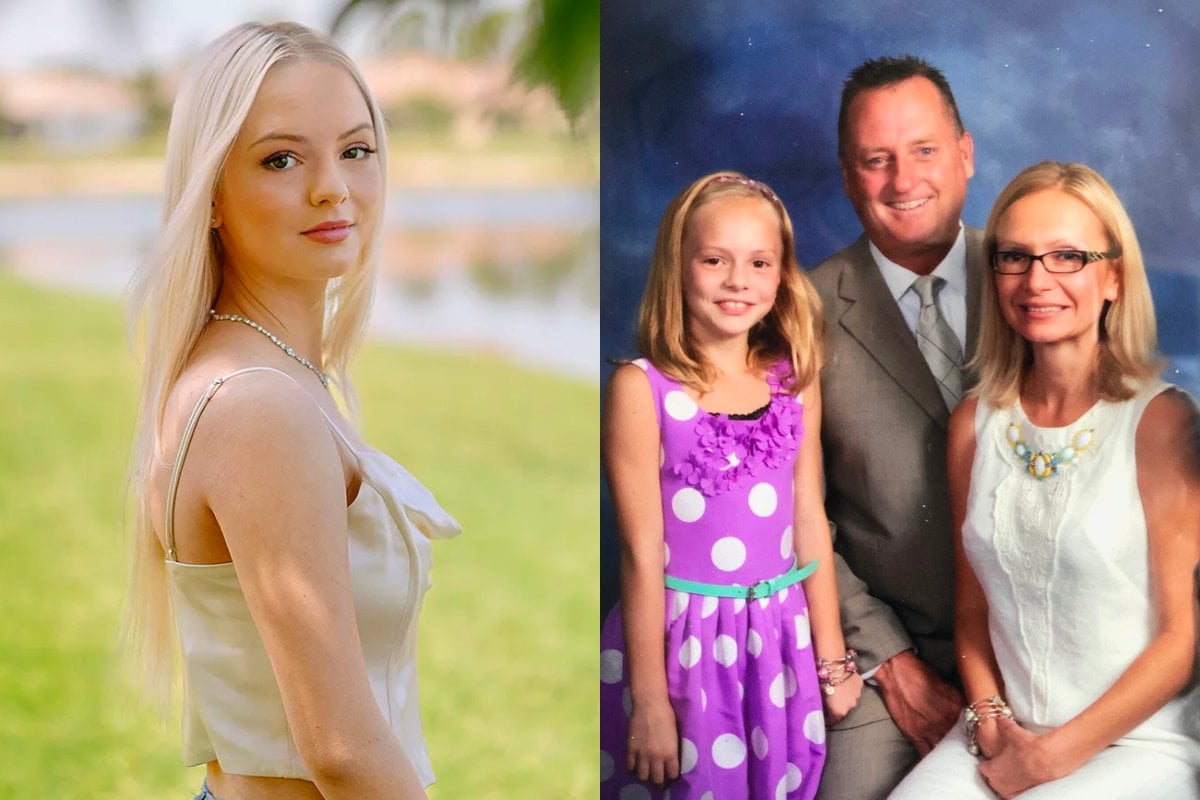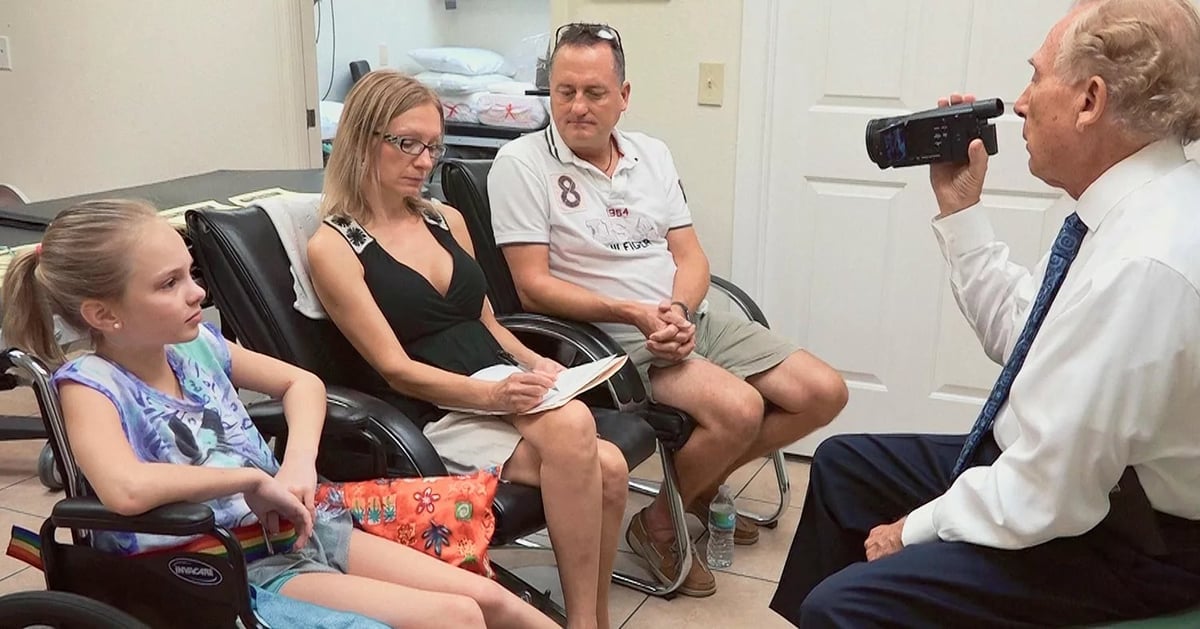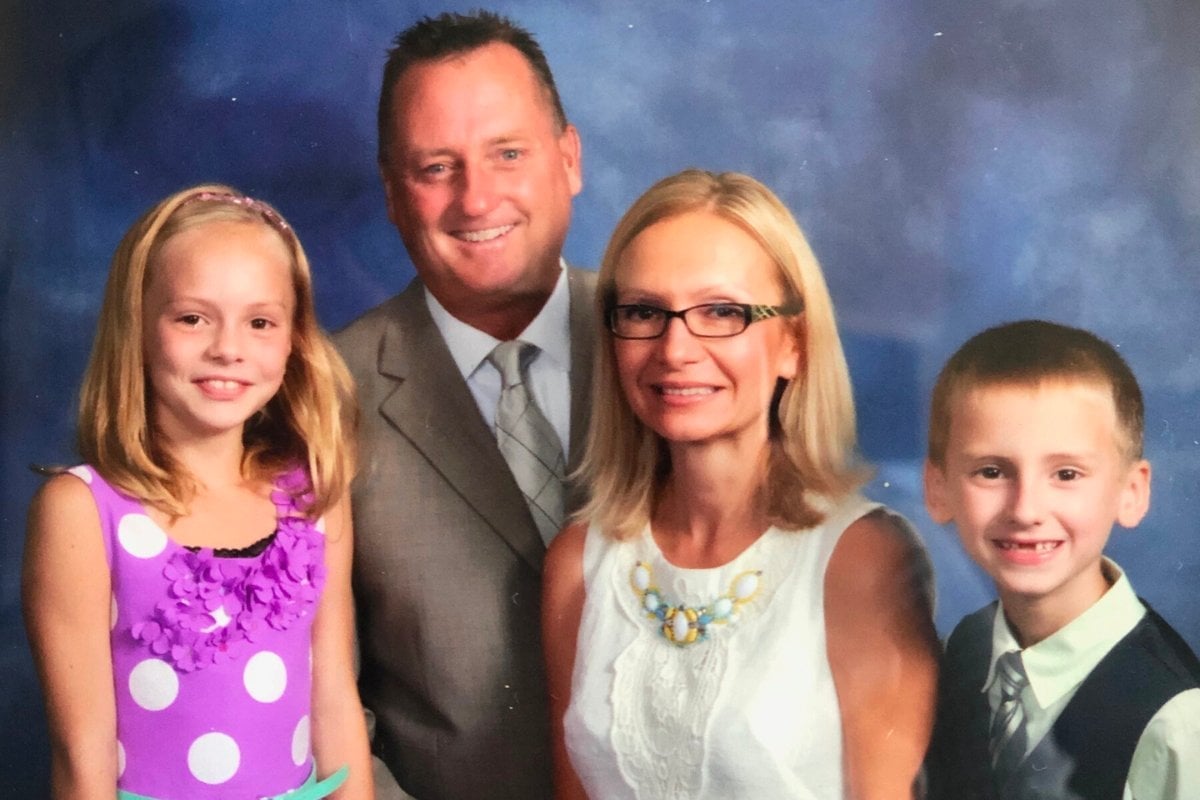
Content warning: This post includes discussion of suicide that may be distressing to some readers.
Maya Kowalski was 10 years old when her parents rushed her into the emergency department at Johns Hopkins All Children's Hospital in St. Petersburg, Florida.
The new Netflix documentary, Take Care of Maya, examines what happened to the family during that hospital visit and how their lives would unravel afterwards.
It was 2015, and Jack and Beata Kowalski had been desperately searching for a way to help their daughter Maya, who was living with a neurological disorder called complex regional pain syndrome (CPRS). Maya first began experiencing symptoms when she was 9 years old. The asthma attacks came first, then the headaches, and then lesions formed on her arms and legs. Eventually, her feet cramped and curled.
Watch: The trailer for Netflix's Take Care of Maya. Post continues after video.
In an interview with PEOPLE, Maya's former doctor, Anthony Kirkpatrick, described CPRS as "an abnormal function of the sympathetic nervous system... your senses get ramped up so if a drop of water touches your skin, it can feel like somebody's jabbing you with a knife."


